
views
The Supreme Court-appointed panel on Friday declared a public health emergency in Delhi-NCR region, banning construction activity till November 5.
The move, by the Environment Pollution (Prevention and Control) Authority, was after the capital’s Air Quality Index (AQI) was 419 on October 30, and 410 on October 31. An AQI of above 400 is deemed to severe or emergency.
The air quality in Delhi-NCR deteriorated further Thursday night and is now at the severe plus level, EPCA chairperson Bhure Lal said in a letter to the chief secretaries of Uttar Pradesh, Haryana and Delhi. "We have to take this as a public health emergency as air pollution will have adverse health impact on all, particularly our children," he said in the letter.
But what does this mean? And what are the implications for those in Delhi NCR, and the rest of northern India, who are being forced to inhale the toxic cocktail that has become synonymous with winters.
What is ‘Severe+’ or ‘Emergency’ Level of Air Pollution?
Air pollution is said to reach emergency levels when PM2.5 (smaller than 2.5 micrometers) levels cross 300 µg/m3 or PM10 (smaller than 10 micrometers) levels cross 500 µg/m3. PM or particulate matter are small particles that embed themselves into the human body and cause a host of health-related issues.
As per the Graded Response Action plan (GRAP), these levels – which are about five times the standard – need to persist for 48 hours or more before an emergency level can be declared.
Should You Worry?
The short answer: yes.
The plan says that during severe or emergency levels of air pollution (and in fact during ‘very poor’ episodes of air’) those suffering from heart disease, asthma and other respiratory disease should “consider avoiding undue and prolonged exposure" and that they should “minimize unnecessary travel, use public transport and avoid using private vehicles".
What the plan, nor the union government points out, is that air pollution has a direct implication on mortality. Simply put, air pollution kills. As per the World Health Organisation (WHO), air pollution kills seven million people worldwide. It says, “The health effects of air pollution are serious – one third of deaths from stroke, lung cancer and heart disease are due to air pollution. This is having an equivalent effect to that of smoking tobacco, and much higher than, say, the effects of eating too much salt."
What Will Happen Now?
The GRAP, effectively a winter-time action plan designed to streamline action when the inevitable dip in air pollution takes place, has a series of reactions mandated for different agencies.
All truck traffic to Delhi, barring essential commodities, will be stopped. Construction has to come to a stop. The plan says that odd-even scheme needs to be introduced for private vehicles based on license plate numbers and minimize exemptions.
Moreover, the task force has to decide if schools have to be shut down, while the frequency of mechanized cleaning of road and sprinkling of water has to take place.










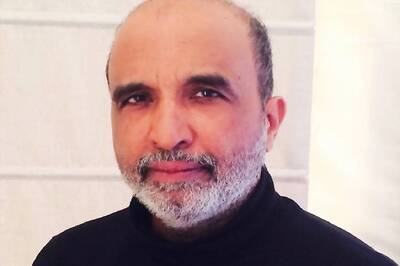


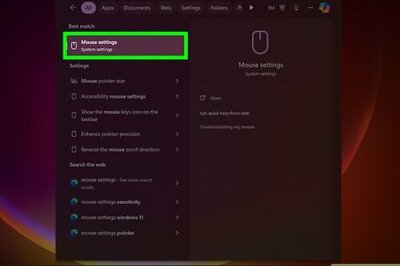



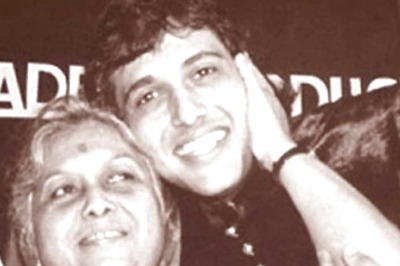
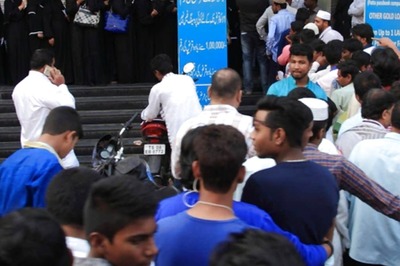
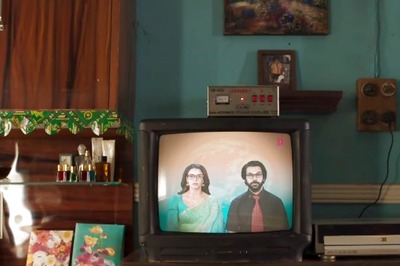
Comments
0 comment